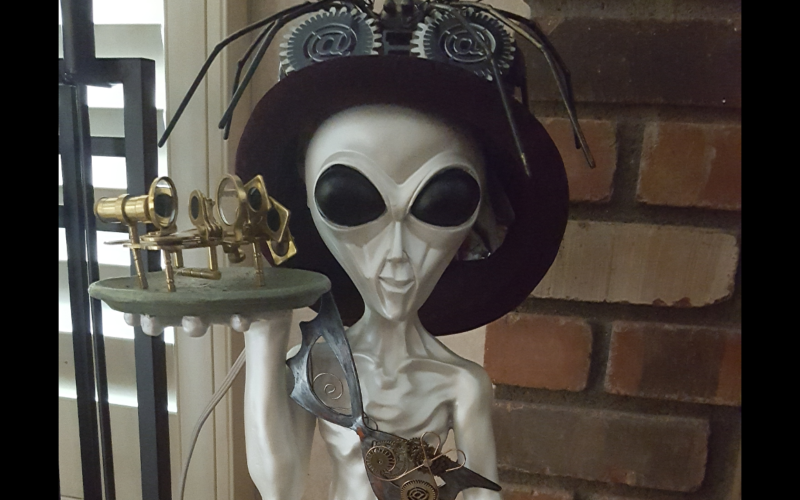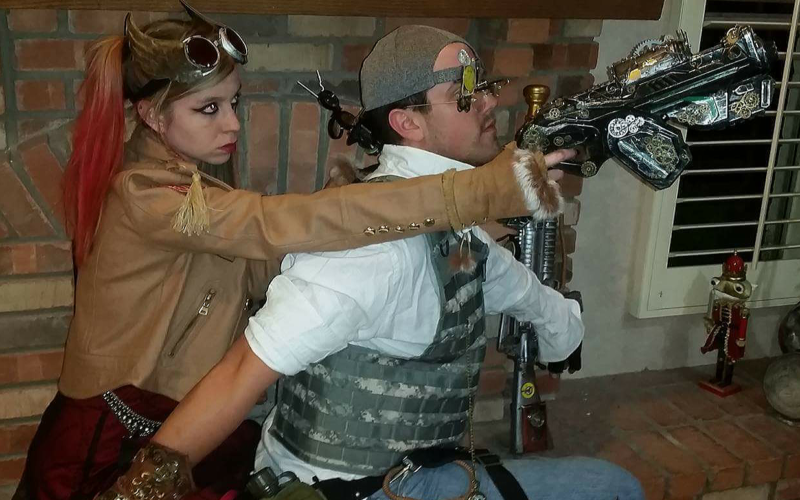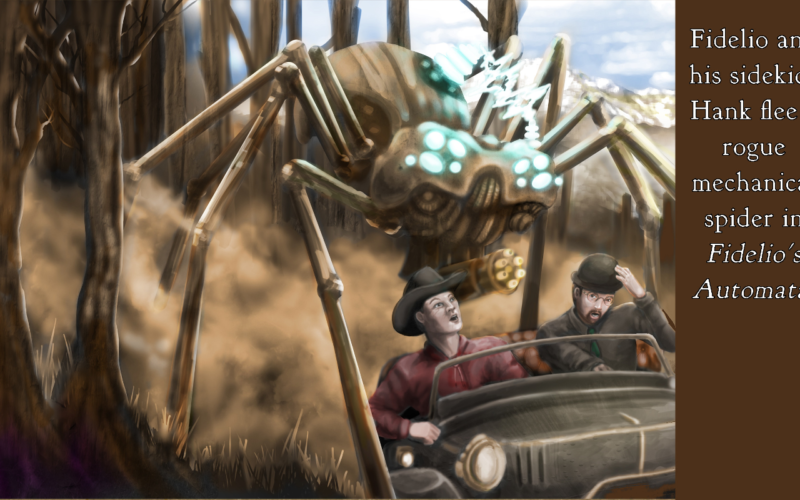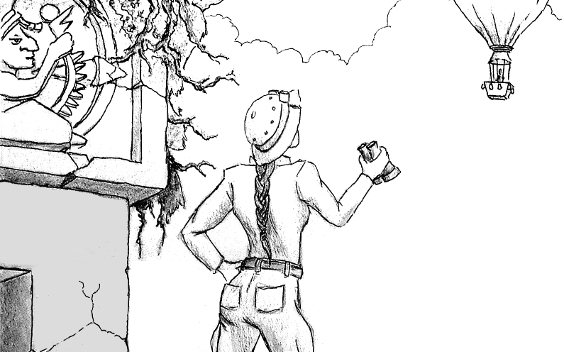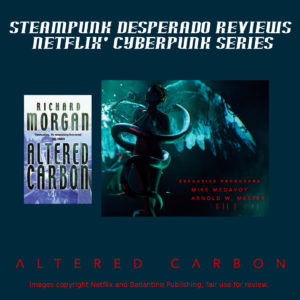
When I heard Netflix was doing a cyberpunk television series, I was excited to try it. I was not aware of the 2002 book by Richard K. Morgan on which it was based. The show followed some familiar themes: a technologically advanced future in which medicine has made it possible to live forever. However, only the very rich can actually afford to do so. Set against this backdrop is a mystery in which one of these rich immortals hires a long-dead criminal to investigate his murder. Confused yet?
You wouldn’t be the only one, though the plot’s not as self-contradictory as it sounds. The first episode opens with a medical team extracting a naked man from a bag of fluid. Just as they’re pulling the air tube from his throat, he panics and attacks the medics. Eventually, he realizes where it is, and that he’s not in his original body. This is Earth, but far in the future, at a time when this sort of thing is routine.
Our protagonist is Takeshi Kovacs (Joel Kinnaman), a Japanese-Polish man who was put into cold storage (literally) for terrorism. A holographic woman gives Takeshi and the other recently resurrected folks a brief orientation, thankfully the only piece of awkward exposition in the series. Human minds and memories are now contained in a piece of electronics called a “stack” which is implanted at the base of the skull. Therefore those who can obtain a new body when the old one dies are effectively immortal. Takeshi has been awakened at the request of a multi-billionaire named Laurens Bancroft. Bancroft is a “Meth” (Methuselah) rich enough to have his body cloned to give him true immortality. He wants Takeshi to investigate his own death. Someone killed his body and destroyed his stack which would have been “real death” if he weren’t rich enough to afford periodic satellite backups of his mind. Since he’s lost his memories since the last backup, he doesn’t remember what happened during those 24 hours.
The first question I asked myself is “why Takeshi?” He’s not a detective but a condemned terrorist, now “released” after a 200-year “sentence.” We’re told he’s the only survivor of his organization, the Envoys, and that he’s a brilliant man with peerless fighting skills. In reading a plot summary of the novel, I discovered that in the book the Envoys are a UN military enforcement unit. That would make a lot more sense, and it puzzles me that the scriptwriters would change that.
The police wonder the same thing, and Kristin Ortega (Martha Higareda), the police officer who’d investigated Bancroft’s murder is now investigating Takeshi as well. She’s a spunky Latina (stunningly beautiful, of course) and lots of conflicts and sexual tension ensue between the two. As much as I enjoyed both her acting and her looks, I admit this kind of character is an overused fictional trope. My wife Arlys noted that for some reason the “feisty female” stereotype is almost always Hispanic. And of course, she always has some kind of tragic back-story.
Speaking of tropes, we encounter a lot of mandatory cyberpunk elements, including a government completely beholden to the rich, bizarre forms of sex and prostitution, and self-aware computers. Just when I thought it was entirely predictable, however, it would throw us a curve ball. There are “Game of Thrones” levels of sex and violence as well. My very favorite element was the artificial intelligence based on Edgar Allen Poe (played by Chris Conner.) He appears as the holographic proprietor of a hotel called the Raven where Takeshi takes refuge. He’s a charming character whose nineteenth-century mores contrast nicely with the postmodern dystopia Earth has become.
One thing that surprised me was that although the protagonist is an Asian man in a white man’s body being played by a white actor, there were no cries of “cultural appropriation” or some other kind of manufactured outrage.
Altered Carbon is an exciting show but also very violent and sexual, definitely “hard R” type content. It held my interest well but I was ultimately disappointed that the scriptwriters didn’t try to think outside the proverbial box. I give it 3.5 stars out of 5, just a trifle higher than the average 65% score on Metacritic.
What was your impression of Altered Carbon? Please give us your comments below.

